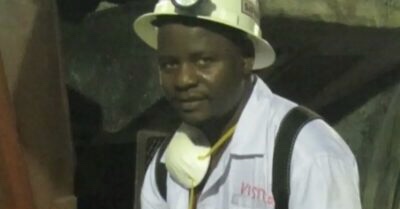Public Policy expert, James Musonda, has described as ‘reckless’ the decision by the government to implement partial withdrawal from the National Pension Scheme Authority (NAPSA).
He claims that the assent of the new NAPSA bill into law might have been intended to distract people from issues of high mealie meal and fuel prices alongside high cost of living.
“This is reckless, the decision is not backed by empirical evidence, the United Kingdom (UK) this government is comparing to rejecting the partial withdrawal because it makes retirees destitute,” Musonda said in an interview on Wednesday.
President Hakainde Hichilema on Monday signed into law a NAPSA bill to allow for employees to access 20 percent of their pension contributions.
Read more : Mine policy researcher, Musonda, accuses President Hichilema of failing miners
But he said the queuing up at NAPSA offices and online rush by civil servantsRead to get partial withdrawal was not the sign that workers or Zambians have welcomed the move.
Rather, Musonda said it represents the desperation and lack of options for workers who feel the impact of mealie meal prices, the fuel prices and the ability to fend for their families.
“It is desperation, they have no option at all, they have not, this idea is baseless because it is not based on or derived from empirical evidence, South Africa is only talking about it,” he said.
Musonda insisted that subjecting lifelong entitlement to partial withdrawal would increase vulnerability adding that the only way was to provide cheap loans.
He said lifelong pension was meant to help retirees who were no longer able to be available on the labour market.
“ÜPND is fond of celebrating irrelevant achievements, the assenting of the bill is meant to distract people from real issues of mealie meal shortages, governing by distraction from real issues is not good for any government,” Musonda said.
Mosonda is currently Senior Researcher in Energy Policy at the Institute for Economic Justice, Johannesburg and holds a PhD in Politics and Social Sciences from University of Liège, Belgium.
In 2021, he won the Terence Ranger Prize for his work on Zambian Copperbelt miners, and he is a former trade unionist.
WARNING! All rights reserved. This material, and other digital content on this website, may not be reproduced, published, broadcast, rewritten or redistributed in whole or in part without prior express permission from ZAMBIA MONITOR.











Comments